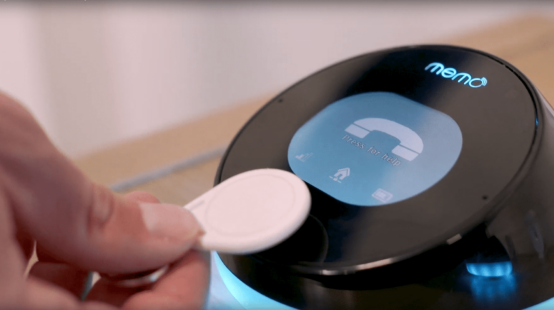
- Artificial Intelligence and Cognitive Computing will be ‘enormous’; from mining data provide a more complete care package, identifying patterns that humans cannot see easily, and advancing the science in biotech more quickly than ever before
- Virtual and Augmented Reality, visualising complex cancers to decide the most effective surgical interventions, to teaching the new cadre of nurses and doctors on a whole range of care scenarios, before they have to encounter them in real-life
- Wearable Devices and Internet of Things; devices that can track health conditions in real-time and provide care professionals with a much richer set of data upon which to base their decisions will become commonplace, as will remote sensing and monitoring of patients / cared-for-persons, in their own homes, as well as medical or care facilities.
- Personalised medicines; using genome-level data to create disease/person specific treatments, without the side-effects of more traditional one-size-fits-all medications.
- Robotics and automation has the potential to ‘industrialise’ complex repetitive tasks, with potentially better outcomes than humans could consistently achieve, and person-friendly companion robots in the home could increasingly act to mitigate feelings of loneliness and isolation, or as a bridge to care professionals when needed.
- 3D printing is already taking root in manufacturing industries, but is now increasingly being considered in the context of bio-printing actual body parts or the skeletal frameworks upon which to grow replacements tissues.
- Organs on a chip or “in-silco clinical trials” in which computer chips and computer simulations act like human organs so that drugs can be tested and validated much more quickly than traditional trials
These are just some of the things on an ever evolving list of ‘cool things’ that the future-healthcare experts are predicting will have a material effect on the health and care industry in the near-term….and some of them are happening a right now, in hospitals in the UK; for an example of this, take a look at “How Robots have saved lives of 500 men in London battling deadly prostate Cancer” on The Evening Standard’s website.
Let’s also not forget that digital technologies themselves are also advancing at some pace. Have you heard about this thing called Blockchain? It’s the digital technology that is going to make healthcare work properly, oh, and I’ve heard it can solve world peace too (allegedly)! Seriously though, it has some interesting applications that might deal with some of the digital security concerns that are important in health and care settings, and its therefore worth a proper look.
However, I’ve been thinking about all of this stuff, and good that it all is, I can’t help feeling that whatever the intrinsic value of any of the particular technologies, there’s a big gulf between inventing them to actually deploying them into real-world use in Jersey. Is Jersey ready for robotics, or smart AI analysing Jersey citizens data, or even Wearable Devices or home monitoring?
I think Jersey citizens are ready to accept that kind of change (I mean, you’ve even got e-parking on the Island now for heavens sake!), but I’m also sure that Jersey as a whole health-and-care system isn’t ready. At the moment it takes brave and motivated souls to push forward change across the sector, people like Andy Mitchell, Nigel Minihane and Jason Turner, amongst others. It takes that kind of personal motivation because the health and care system does not behave as one continuous entity; its characterised by organisations and services that have grown up independently over the years, and yes, they are all populated with people like you and me who all have emotions, feelings, interests and preferences that all need to be taken into account.
So how do we make sure that technologies that might be very useful / beneficial to Jersey are actually developed and deployed? It’s not the technological change that we need to evaluate, it’s the bit between the technology and the human that we need test; to work out our readiness to change, to accept that doing something digitally might actually be better for us than doing something manually, to explore how we cope with something that’s on an App instead of letter….have I told you the tale of my dad’s 5 hospital appointments delivered separately via letter all in one week, no, I’ll save that for another day then…
We can do technology. We are doing technology in Jersey. Just look at some of the world-leading technologies being deployed on the Island, for example, Doug Bannisters virtual control tower at the airport (you really have to see that…it’s superb).
What’s stopping the same world-leading stuff happening in healthcare…..not much, just regular folks like you and I saying “yes, let’s give it go”, in a safe and controlled way, and establishing what works best with the ‘human’ part of the equation…after all, in health and care, the human part feels pretty important to me….
To read the full edition of Business Brief click here




